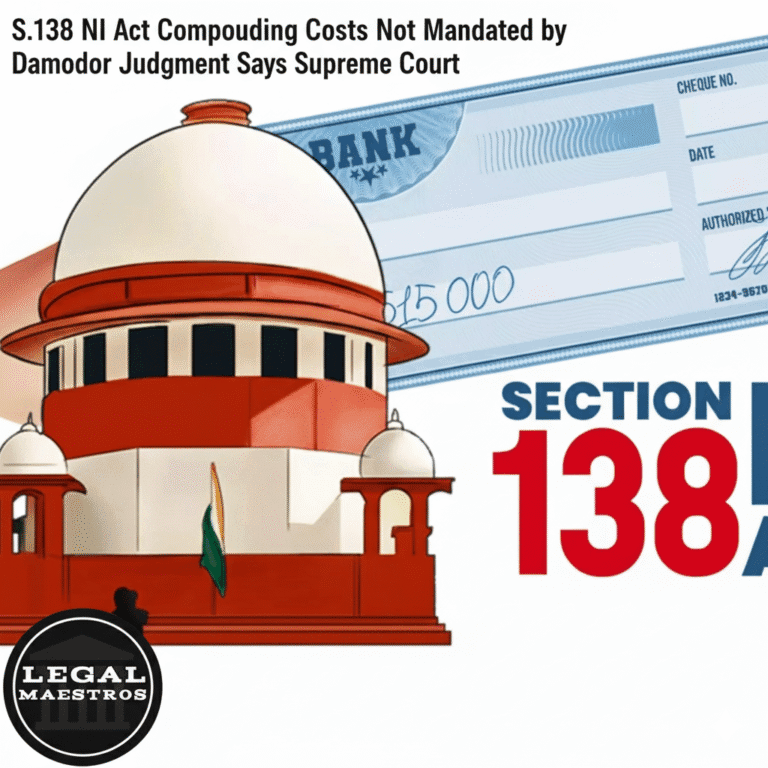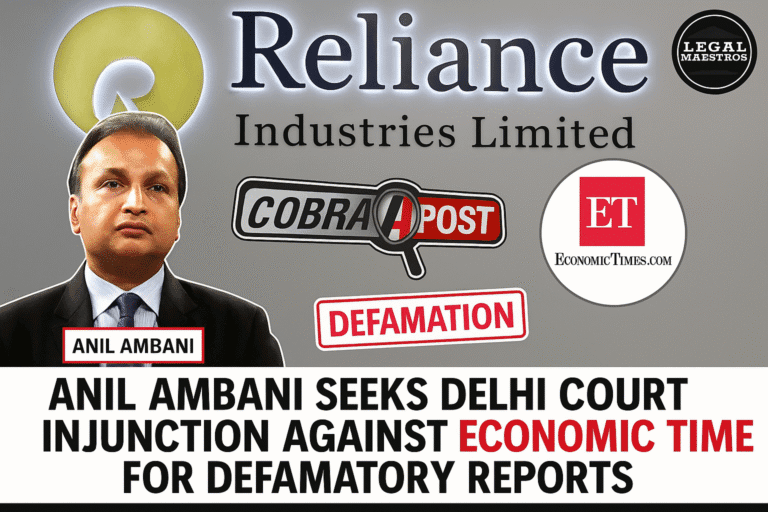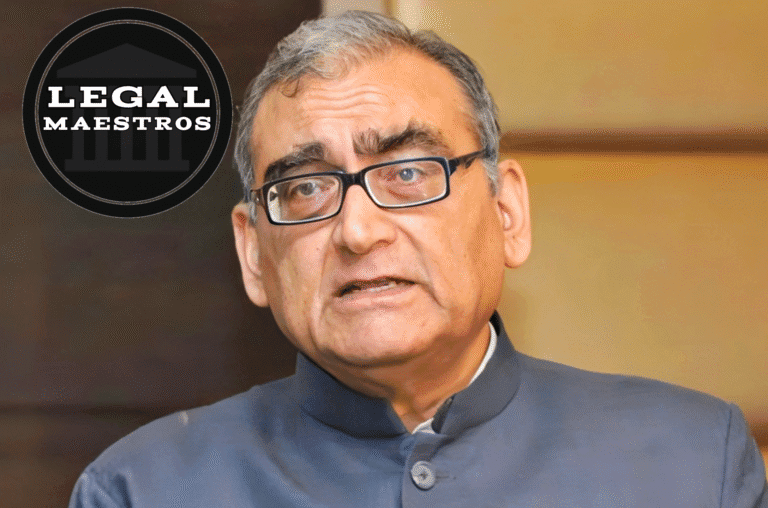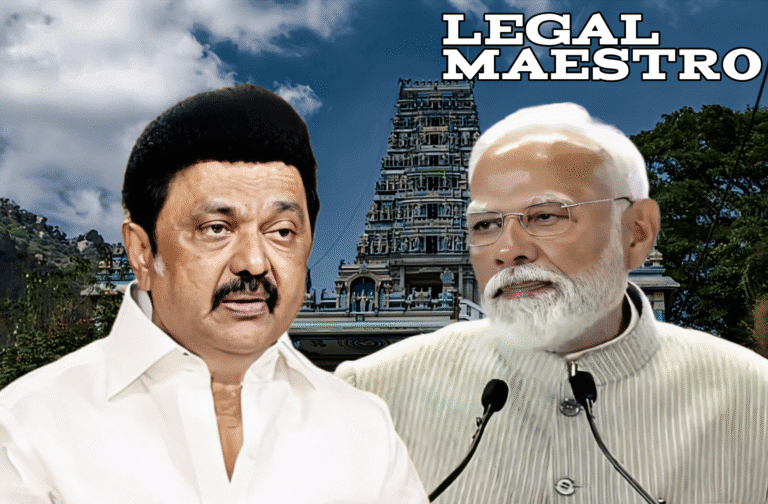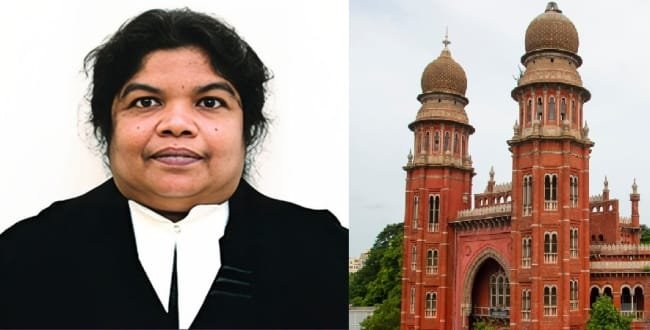
Preserving Judicial Integrity: Why Justice Sanjiv Khanna Rejected Post-Retirement Assignments
Introduction
Justice Sanjiv Khanna served as the 51st Chief Justice of India till May 13, 2025, when he stepped down from his position. His proclamation that he will not accept any official position after retirement was made in a manner that was both clear and purposeful on the day that he was to leave his employment. Even while he stated that he intended to continue making contributions to the subject of law, he emphasized that he would not accept formal appointments in any government body, including commissions, tribunals, or other relevant organizations. This ruling has sparked extensive debate about the importance of preserving the independence of the courts and ensuring that the public continues to have faith in the legal system.
A Prominent Academic Profession
During the year 1983, Justice Khanna began his career through the legal system by enrolling as an advocate. Through his consistent efforts, he earned a reputation for being fair, having clear thoughts, and respecting the rights of individuals. In 2005, he was elevated to the Delhi High Court, where he remained for more than thirteen years before being elevated to the Supreme Court in January of 2019. His stint on the bench of the Supreme Court was distinguished by a number of significant judgments, the most notable of which was his ruling in 2019 that the office of the Chief Justice of India fell under the ambit of the Right to Information Act. By making this decision, he demonstrated his dedication to transparency and accountability, while at the same time preserving the fundamental value of judicial independence.
For More Updates & Regular Notes Join Our Whats App Group (https://chat.whatsapp.com/DkucckgAEJbCtXwXr2yIt0) and Telegram Group ( https://t.me/legalmaestroeducators )
For any queries or to publish an article or post or advertisement on our platform, do call at +91 6377460764 or email us at contact@legalmaestros.com.
Protecting the Independence of the Judiciary
Justice Khanna’s decision originated from his profound regard for the principle of separation of powers, which served as the basis for his reasoning. His decision to decline post-retirement assignments was an attempt to reaffirm the principle that judges should continue to refrain from being subject to any kind of outside influence even after they have left the bench. It is possible that accepting a post that has been assigned by the government could give the impression of a quid pro quo arrangement, in which favorable decisions could be considered in exchange for future employment opportunities. The position taken by Justice Khanna conveys a clear message that the integrity of judicial decision-making must not be compromised by the possibility of life after service.
Preventing Potential Conflicts of Interest
It is now common practice for retired judges to accept seats in tribunals, commissions, and arbitration panels. This trend has become increasingly prevalent in recent years. In spite of the fact that these positions are advantageous due to the knowledge and skill of former judges, there is a possibility that they could be viewed as having conflicts of interest. It has been observed that judges who are anticipating lucrative assignments may find themselves lured into a mindset that has the potential to quietly impact their decisions when they are sitting on the bench. Justice Khanna’s goal was to plug this ethical loophole and ensure that his judgments were and would be seen to stay absolutely impartial. He did this by completely removing himself from positions of this nature.
The Immovable Heritage of Objectivity
Justice Khanna’s decision is also in line with the heritage of his uncle, Justice H.R. Khanna, who is famous for his courageous dissent during the Emergency regime of the 1970s. Justice Khanna’s choice resonates with this legacy. When other members of the Supreme Court gave in to pressure from the government, H.R. Khanna was the only Member of the Court to continue to support fundamental liberties. Despite the fact that his bravery caused him to lose the highest judicial position at the moment, it solidified his reputation as a protector of individual rights. Through his decision to decline post-retirement positions, Sanjiv Khanna paid tribute to the long-standing tradition of judicial bravery and brought to the attention of the country the high expectations that are placed on its jurists.
For any queries or to publish an article or post or advertisement on our platform, do call at +91 6377460764 or email us at contact@legalmaestros.com.
The Importance of Taking a Step Back and Relaxing Off
Some legal experts have been advocating for a mandated cooling-off period between the retirement of a judge and the acceptance of other posts within the government for a considerable amount of time. It is possible that a break of this kind could assist eliminate any uncertainty regarding the impartiality of a judge and safeguard the integrity of judicial institutions. The prompt rejection of further assignments by Justice Khanna has, in effect, established a model “cooling-off” period that can last for an infinite amount of time. It is possible that his example would spark legislative and policy debates regarding the possibility of formalizing such constraints for other retiring judges. This would ensure that the judiciary continues to be protected from the allure of post-service jobs.
The Concept That He Had for a Third Inning
Justice Khanna has indicated that he intends to begin what he has gently referred to as his “third innings” in the legal arena, despite the fact that he has stated that he does not intend to accept any official position whatsoever. Instead of being appointed by the government, this expression suggests that the individual will continue to serve in the capacity of an instructor, mentor, or independent arbiter. There is a possibility that he will become a professor at law schools, write about constitutional issues, or provide advise to aspiring attorneys. By selecting paths that are not remunerative and informal, he is attempting to share the huge reservoir of knowledge that he possesses while also maintaining the impartiality that was the foundation of his judicial employment.
Implications for Reforms in the Judicial System
Calls for more extensive reforms that are aimed at bolstering ethics in the judicial system have been increased as a result of Justice Khanna’s judgment. Among the proposals that are currently being discussed are a legislative code of behavior for judges, rules that are more crystal clear about employment after retirement, and increased transparency in the appointment process. These recommendations have been given a sense of urgency as a result of his unwillingness to accept any formal position, which demonstrates that individual choices can drive systemic change. In the next months, politicians and judicial authorities may use his experience as a basis for formulating standards that strike a compromise between the importance of judicial knowledge and the requirement of unquestionable neutrality.
For any queries or to publish an article or post or advertisement on our platform, do call at +91 6377460764 or email us at contact@legalmaestros.com.
The fact that Justice Sanjiv Khanna has decided to turn down all post-retirement appointments is evidence of his steadfast dedication to upholding the highest standards of judicial integrity. Furthermore, his position underlines that the highest judicial post carries responsibilities that extend beyond the bench, which is particularly important in this day and age, when public faith in institutions can be difficult to maintain. This individual has established a tremendous example for future jurists by refusing to accept the trappings of power once his tenure came to an end. His judgment kicks off an important conversation about the steps that must be taken in order to protect the independence of the judicial system and the trust that society places in those who are responsible for its protection. By doing so, Justice Khanna has not only paid tribute to the legacy of his ancestors, but he has also paved the way for future generations of judges to follow in his footsteps by establishing a route that is guided by principles.


